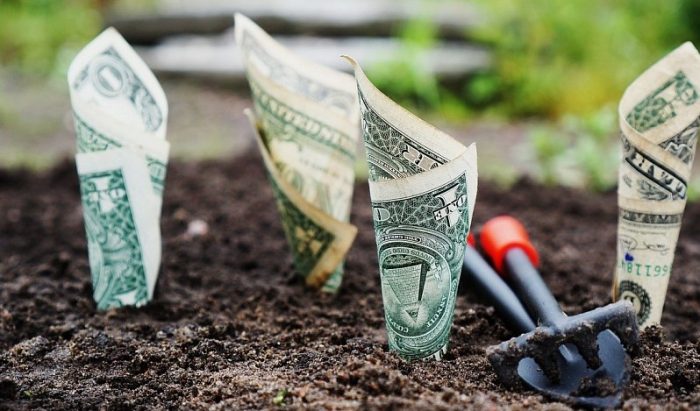A raw, personal story about losing $1,000 and how it reshaped my view of self-worth, money, and emotional healing.
What Losing $1,000 Taught Me About My Self-Worth
It was a normal Thursday when I lost $1,000 in one click. Not a scam, not a hack. Just a bad decision. One that I made all by myself. And the worst part? I couldn’t stop replaying it. Not the money. The shame. The feeling that I was stupid, reckless, and unworthy of financial success.
This isn’t a blog post about “how to get rich.” It’s about the real cost of losing money—and what it reveals about how we see ourselves. If you’ve ever felt like your bank account reflects your value as a person, this story’s for you.
The $1,000 Mistake That Changed Everything
It started with excitement. I had been dabbling in day trading, like so many others during the pandemic. I watched YouTube videos, read Reddit threads, and even made a few profitable moves.

But then I got cocky.
One morning, convinced a certain stock would “bounce,” I threw in $1,000 without setting a stop-loss. Within hours, the market tanked—and my $1,000 disappeared like smoke.
My stomach dropped. I stared at the screen, hoping for a miracle. None came.
Why the Money Wasn’t the Hardest Part
It wasn’t just the loss. It was the internal dialogue that followed:
“You’re so careless.”
“You’re not meant to succeed.”
“You’re always sabotaging yourself.”
Sound familiar?
I had tied my self-worth to a number on a screen. And that number said: failure.
But here’s the truth: self-worth and net worth? Not the same thing.
The Deeper Lesson: Why We Link Money to Identity
Growing up, I equated money with stability. Approval. Safety. In my family, having money meant you were “good with life.”
So when I lost money, it felt like I lost respectability. I thought it proved something negative about me.
But money is just a tool. It’s not a personality test. It doesn’t care if you’re kind, hard-working, or generous. It just reflects decisions—some good, some bad.
So why was I treating a bad trade like a moral failure?
Rebuilding: How I Healed My Mindset (Not Just My Wallet)
1. Journaling the Emotions
Instead of ignoring the feelings, I wrote them down. I called the shame out by name. It felt awkward at first, but soon, the thoughts lost their power.
> “I feel ashamed because I believe this mistake defines me.”
Seeing that sentence on paper made me realize how irrational it was.
2. Talking About It
I opened up to a close friend—something I never would’ve done in the past. He didn’t judge me. In fact, he shared a story about losing $3,500 in crypto. That conversation normalized failure. I felt less alone.
3. Setting a ‘Compassion Budget’
Here’s something wild I now do every month: I set aside a small “learning loss” amount. It’s for any small mistake, late fee, or accident. Instead of freaking out, I call it tuition. Emotional tuition.
This mindset change alone has reduced my stress by half.
What I Now Know About Self-Worth
Losing money doesn’t mean you’re bad with money. It means you’re human.
Your self-worth is rooted in how you respond—not how much you own. It’s in your integrity, your resilience, your kindness to yourself during tough moments.
There will always be more money. But there’s only one you. And you’re not for sale.

Actionable Takeaways for You
Start a Money Emotions Journal. Track how financial events feel, not just what they cost.
Share one mistake with someone you trust. You’ll be surprised how freeing it is.
Practice ‘financial detachment’. Your value doesn’t rise and fall with your income.
You’re more than your financial choices. You’re a full, complex person learning every day.
Final Thoughts: Worth Is Not a Number
That $1,000 loss sucked. But it gave me something more valuable: a clearer view of who I am without the zeros. And that clarity? Worth more than any temporary gain.
So the next time you mess up with money, take a deep breath. Then remind yourself:
> “I am not my bank balance.”
Because the truest wealth you’ll ever build starts inside.
Have you ever made a money mistake that shook your confidence? Share your story in the comments—or forward this to a friend who might need the reminder. Also Read>>>>>

